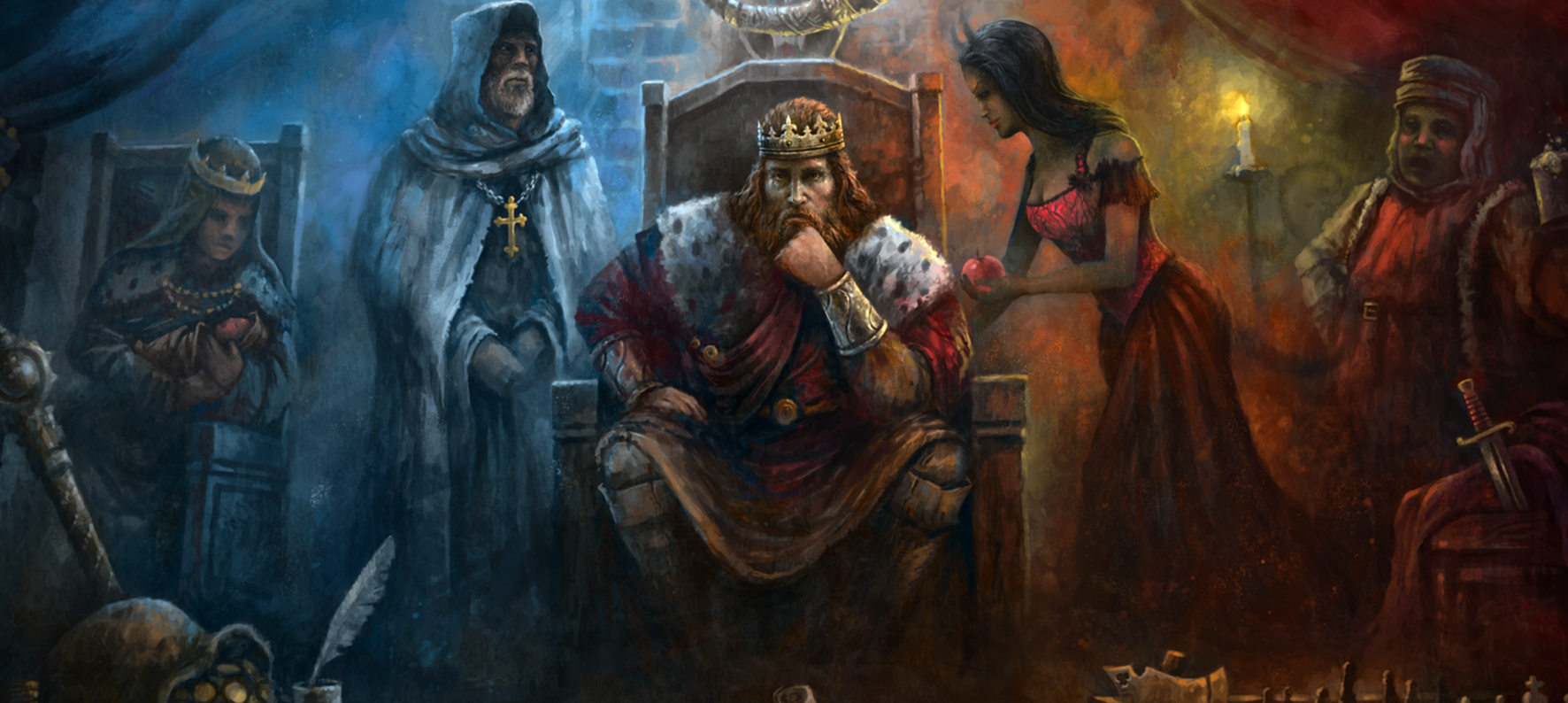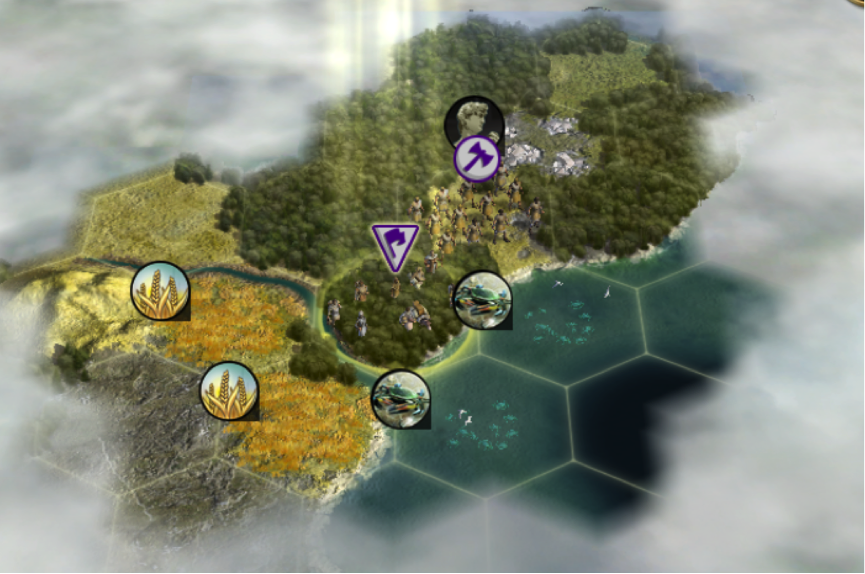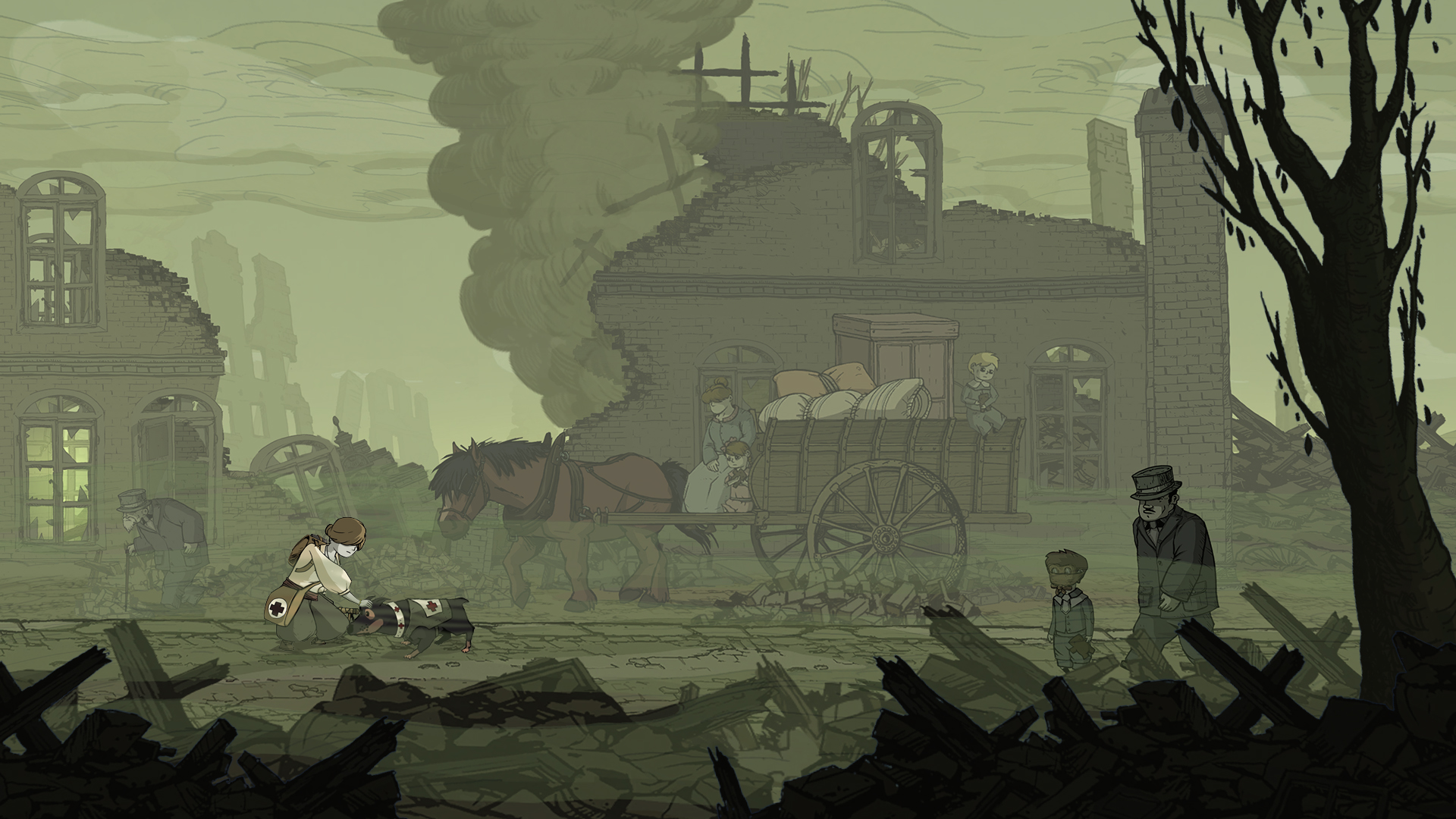Medieval Ethics: Designing Historical Systems
We live our lives immersed in numerous complex systems – systems of meaning, economic systems, information networks, large socio-technical systems, and so forth. One of the things that make videogames interesting is that they allow us to momentarily step into a different set of systems and play with them. WeContinue Reading
Big History: or the Curse of Storytelling in Human Knowledge
This article is the thematic introduction to a series on the future of quantification in history. To read the articles in the series click on the following links for part one, part two, part three, or part four. Big Data is upon us, and it looks like it’s here to stay. Has Plato’sContinue Reading
Challenge the Past/Diversify the Future: Reflections on Historical Game Studies and the Study of Historical Representation Across Disciplines
This is a guest post by Adam Chapman, who is a postdoctoral fellow at the University of Gothenburg’s Department of Education, Communication and Learning. Adam has an interest in many aspects of games, popular history, collective memory and learning, with a main focus on historical games (i.e. games that represent theContinue Reading
Seeing Through SimCity: Seeing Cities as Spreadsheets
I heard a great talk on various open data projects from the City of Chicago’s Chief Data Officer a few weeks back. The city is doing some amazingly neat things to make civic data available and to make use of that data for a range of different uses of thatContinue Reading
History as it can be played: A new public history?
The following is a guest post from Jamie Taylor. Jamie is currently an Interpretation Developer at The National Railway Museum in York, UK. He is especially interested in how procedural rhetoric can be used in the practise of history and how ‘interesting decisions’ can help facilitate counterfactual narratives. You can followContinue Reading
APOTHEON: The Action Hero at the Heart of Greek Myth
The hero is he who is immovably centred Ralph Waldo Emerson If I had to explain Apotheon to someone who doesn’t play video games, I’d say this: “imagine the figures of ancient Greek vase art, come to life…” This pithy description seems to best fit the game’s concept, and theContinue Reading
HullCraft: Using Minecraft and Archives for Learning about the Past
The following is a guest post from Hannah Rice, a digital heritage specialist with an architectural history and computer games background. Hannah’s MSc dissertation was on computer games and architectural history engagement. Hannah is currently working in the archives at the Hull History Centre, in Kingston upon Hull, UK. She’s on Twitter @hannahbeth_r INTRODUCTIONContinue Reading
Valiant Hearts, The Great War, and The Shaping of Historical Memory
The following is a guest post from Christopher Sawula an Early American Historian of Class, Society, and Culture. CLIR Postdoctoral Fellow at the University of Alabama. You can find him @CGSaw on twitter. Valiant Hearts is the only war game I would ever teach students as a historical text. FocusingContinue Reading
MOBA meta and the Muses: professionalism, performance, and meta-game discourse
In a post in August, I opened a discussion of how analyzing the meta-discourse surrounding MOBAs (Multiplayer Online Battle Arenas) may help us describe the relationship between player-performance in these games and bardic performance in ancient epic in a more interesting way. The point of such an analysis is notContinue Reading
Beyond Trees: Tech Webs, ANTs, and Black Boxes
Videogames have an amazing potential for modeling societal processes. At the same time, videogames also embody the worldview of their creators on a procedural level. As such, it is a rare thing when a game is able to move beyond popular understandings of the world and approach it from aContinue Reading







